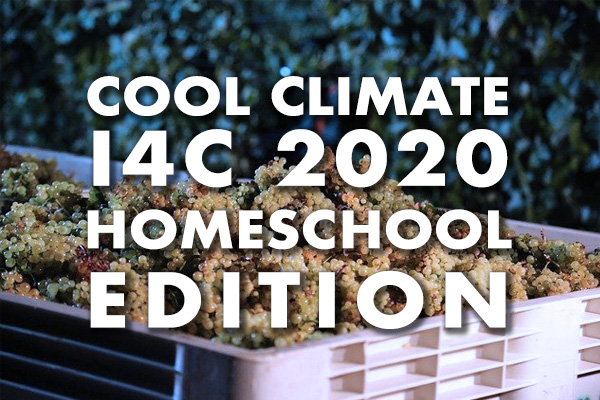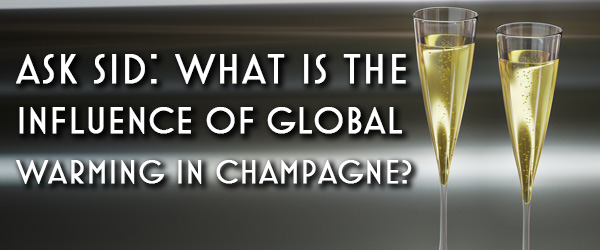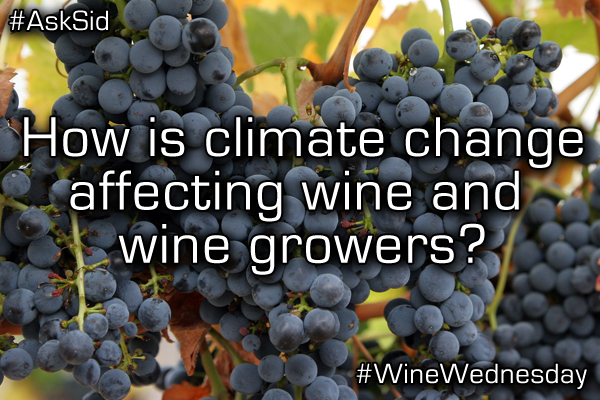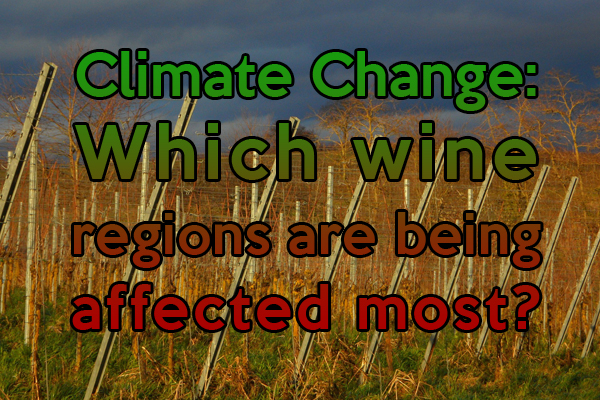
Cool climate is becoming ironically even a “hotter” topic than when this focused wine discussion first started out in Ontario ten years ago. Climate change has been a really important issue this last decade and continues to be so including especially for grape vineyards. This year’s i4C conference had three webinars (called homeschool edition) highlighting “a decade of cool” with some thought provoking key speakers July 17-19, 2020. Next year is scheduled July 23-25, 2021 – same opening date as postponed Japan Olympics.
ANDREW JEFFORD opened by stating cool climate (defined as having a seven month median temperature below 16C or 61F & 1500 Growing Degree Days) “by itself is not enough” but you want your place to be a best distinguished terroir site. The grail is not cool climate but pleasure & charm in your wine being “deliciously cool”! He examined in more detail the regions of Chablis, Saar Germany, and Alsace as cool regions but just making delicious wine.
MATT KRAMER followed reflecting back over 42 years of writing before there were cool climate discussions suggesting it was more a New World concept. Tried to define it by looking at ripeness factors including high acidity and differences between style & character but felt it was best summed up as “where it is not a sure thing to ripen”.
IAN D’AGATA with some difficulty of sound/video break-up cited historical climate change data back to 1760 but more recently the warmer winters for pest concerns and freaky extremes including floods, fires and the like.
KAREN MACNEIL pondered what is “ripeness” (what is truth?) and when does flavour click in. Can’t say move to Carneros as the answer or just pick early and call it cool climate. Perhaps too many “talk the cool talk but don’t walk it.”
A good dialogue followed with MK raising the influence of the accompaniment of food and AJ the actual drinking of wine as an experience rather than just tasting it with the place it is from being key as coming first to mind. Moderator Magdalena Kaiser boldly put the four speakers to task on seeking out their opinion of Ontario chardonnays. All were laudatory with MK finding distinctive “minerality” especially in Prince Edward County that is hard to find this style in California, Oregon & Washington. KM loved the maximum flavour with minimum weight – energy tension “ballet watching”. IDA born in Canada couldn’t find these in Italy with world class chardonnay balanced acidity communicating the essence of the site specific land. AJ finds impressive chardonnay around the world but often hard to drink with no non-European doing it as well in a soft, supple subtle enjoyable drinking. High praise indeed.
A second panel with Canadians of regional representation included JOHN SZABO (Ontario), TREVE RING (BC), BRAD ROYALE (Alberta), and VERONIQUE RIVEST (Quebec) who all did an admirable job at trying to examine further this undefinable “cool climate”. They looked at charts of GROWING DEGREE DAYS for the 7 months of April 1 to October 31 using the mean temperature per month (less 10C) times the number of days in that month to get a total. The range of 14 regions shown was from Epernay (Champagne) low 1050 to South Okanagan of high 1552 (North Okanagan shown at 1325). However when you examine it closely obviously this can’t be the total answer to cool climate because Beaune is 1315 but warm Napa at 1450 is lower than both cool Niagara Peninsula (1485) & Geisenheim Germany at 1550. Therefore they looked at a Washington State chart on soil temperatures clearly showing grass surface 3.7C lower than Basalt stones (20.7-24.4) but also subsurface of them 3C (22.2-25.2) . Also the importance of latitude as well as altitude & elevation, diurnal swings (more important in hot regions), bodies of water, winds, and sunshine hours. JS made a great point that sunshine used to be your friend always wanting more but now “is sunshine the new rain?” as can be too much of it. Canopy covers have become important and “berry temperature” is the key or “photon flux density” to your resulting fruit in the vineyard. A final third less formal more fun casual social tasting of Ontario wines with John Szabo & MICHAEL GODEL concluded this most educational virtual conference. Very well done indeed!
The full 1 1/2 hour keynote video and second seminar are below:
You might also like:


